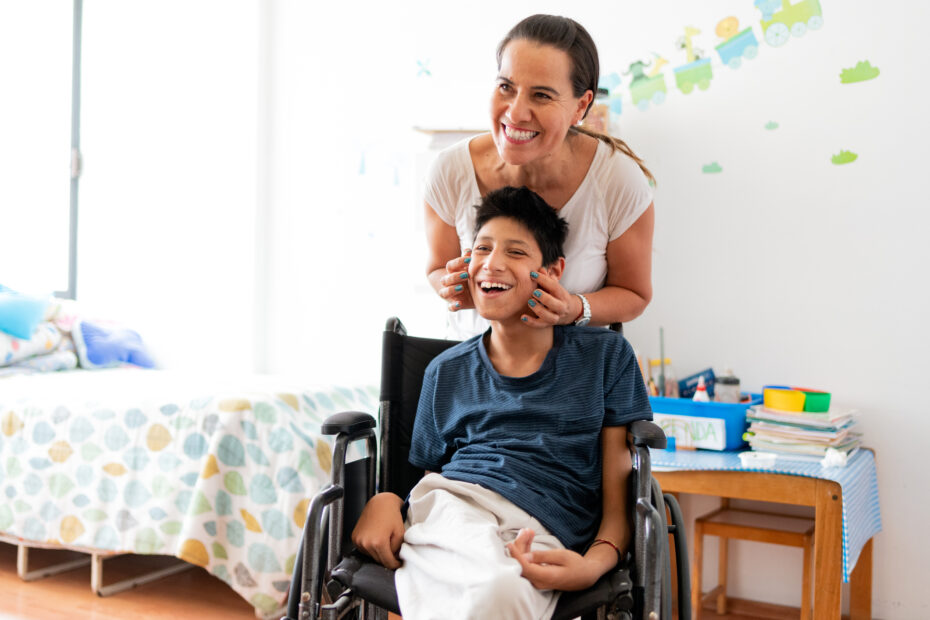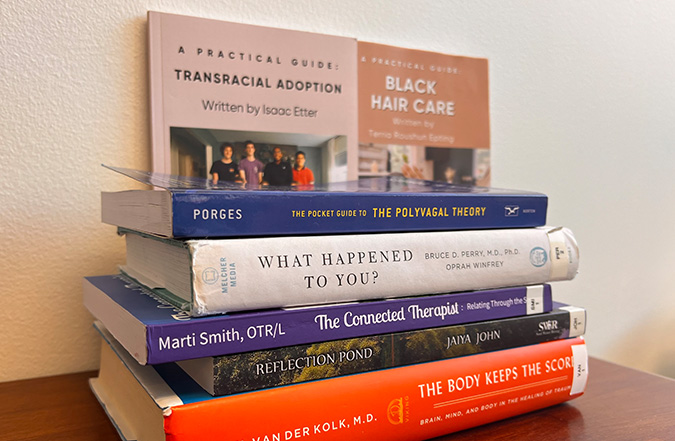Helping adoptive families address mental and behavioral health challenges
Children adopted from foster care may face mental or behavioral health challenges tied to trauma and loss. Learn eight ways to guide families toward mental health support for their children.




